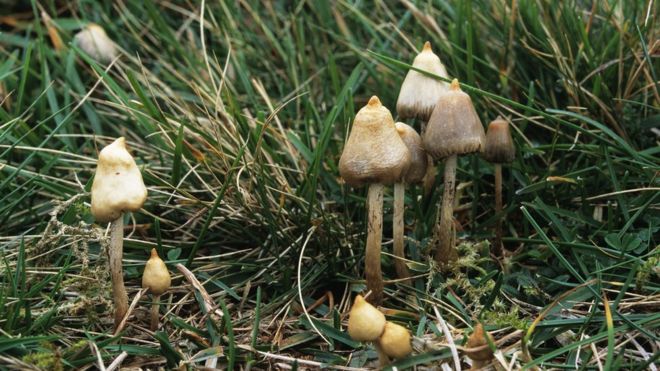Denver will officially be the first US city to successfully decriminalize psychedelic mushrooms. The controversial law, ‘Initiative 301’, deprioritizes law enforcement on the use of the drug to those over the age of 21, as well as the possession thereof. Although the drug remains illegal under state law, only those caught distributing or selling psychedelic mushrooms can be pursued using state resources and not a user or possessor over the age of 21.
What are psychedelic mushrooms
Psychedelic mushrooms are known by many names such as psilocybin mushrooms, magic mushrooms or colloquially as shrooms. The mushrooms contain psilocybin, a psychedelic compound which can cause hallucinogenic effects making the mushrooms a part of the psychedelic drug class. Psilocybin is a naturally occurring compound, as are many psychedelic drugs.
Psychedelics and who uses them
Psychedelics are a hallucinogenic drug group that will cause an altered state of consciousness, most of these drugs are illegal in the United States. They can affect ones thoughts, mood and can often give off visual and auditory hallucinations. Users are often those seeking a spiritual or therapeutic experience, depression or trauma victims, or simply users looking to experiment with hallucination. Psychedelic mushrooms are also used by those with mental health problems.
Implications of Decriminalization
The decriminalization of psychedelic mushrooms have caused many to speculate its implications, especially those living in the city of Denver. Many believe that Initiative 301 will have the city seeing a dramatic increase in the use of mushrooms, and that smuggling will also become a bigger problem. Others state that those using it for it’s medicinal purposes will be able to do so without the fear of prosecution. Other cities within Colorado believe that it will pressure their towns into adopting similar laws and taking similar action. In the grand scheme, Initiative-301 sets a base that might see Denver decriminalizing or even legalizing other drugs. This seems realistic after Colorado became the first of two states to legalize the recreational use of marijuana in 2012. With that being said, the implications of Initiative 301 can be speculated, but the lasting effects are yet to be seen.





